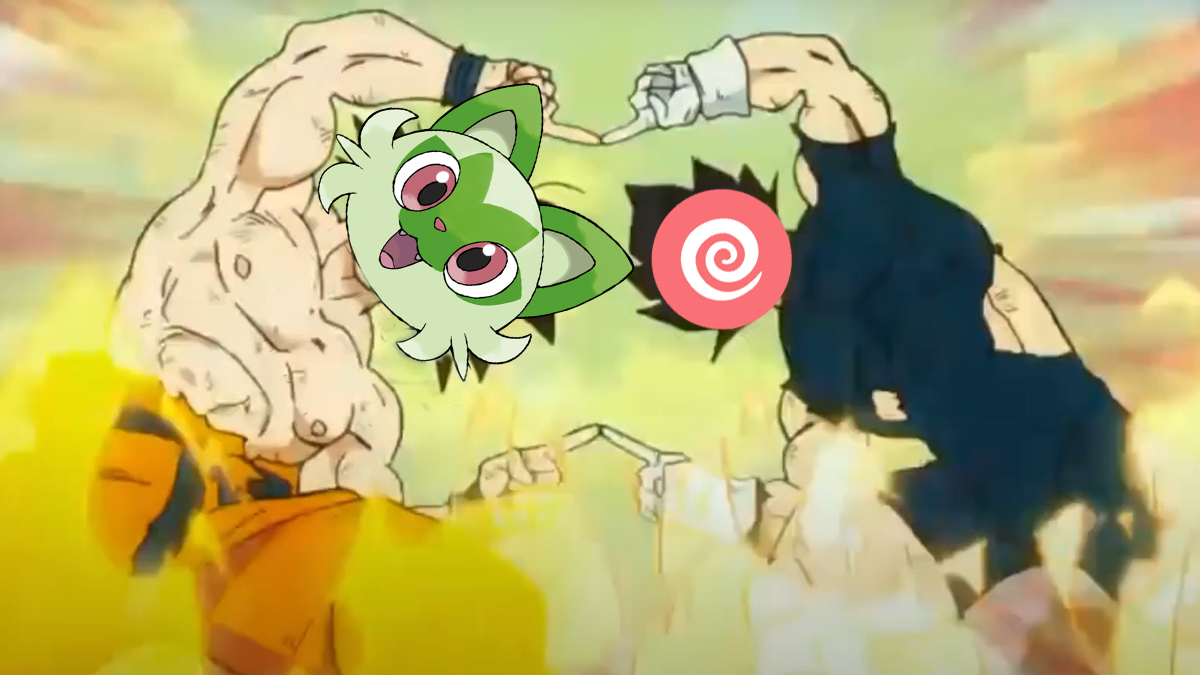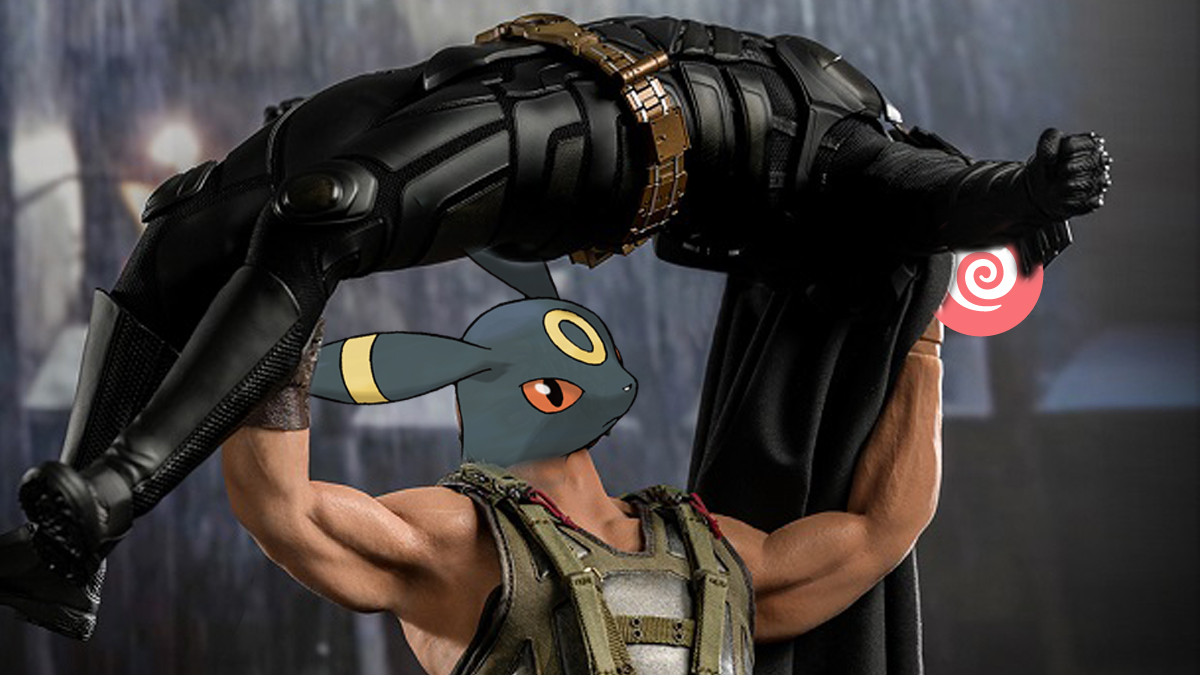Pokemon, the series in which children participate in the equivalent of dog-fighting rings, has more nuance than one would think. For example, those “Types” associated with each of the titular creatures dictate the damage they can take or receive from other monsters. While Water and Grass-Types are easy to remember, Psychic-types are more niche by comparison.
Finding the James Randi for Psychic Pokemon

In total, there are over 100 Psychic-Type Pokemon. From Mewtwo to the vacant-eyed psychopath that is Espurr, there are plenty of options to round out your roster. However, no matter what generation they come from, they all play by these rules.
Psychic-Type Weaknesses, Resistances, & Strengths
Despite being able to peer into the minds of their foes, Psychic-Type Pokemon inflict Super Effect damage strong against only the following Types:
- Fighting
- Poison
Conversely, Psychic-Type Pokemon will resist the following Types.
- Psychic
- Fighting
Not all match-ups in the Pokemon series make sense to me, and Psychic being resistant to Fighting is one of those. I’m pretty sure if Juggernaut landed a hit on Professor Xavier, he wouldn’t take half damage.

With the first generation of games (Pokemon Red, Blue, and Yellow), Psychic-types were immune to Ghost-types thanks to a coding error. This was corrected in subsequent generations, but those poor first-generation Haunters never stood a chance. As of Generation II, Psychic Type Pokemon are weak against the following:
- Bug
- Dark
- Ghost
Finally, the following Pokemon Types will resist Psychic-Type attacks.
- Steel (Not very effective)
- Psychic (Not very effective)
- Dark (No effect)
Because Dark-Type Pokemon inflict Super Effective damage and are immune to their attacks, they’re typically one of the best Types to use against Psychic Pokemon. By the same logic, Psychic Pokemon typically match up the best against Fighting-Type Pokemon since they can inflict Super Effective damage and take Not Very Effective damage in return.
Strategies and counters against Psychic Pokemon

Psychic-types’ typically prioritize Special Attack. Though physical Psychic-type Pokemon like Mediacham do exist, they’re typically rare. At the same time, Psychic Pokemon tend to sport less Defense than Special Defense. Neutral physical attacks may inflict decent damage on them if you don’t have a Super-Effective move to use.
Additionally, Psychic Pokemon can manipulate both you and the battlefield depending on their moveset. Most Pokemon fans are familiar with moves like Confusion, which inflict damage and… well, confusion. But on top of that, Psychic-Type Pokemon make up the majority of Trick Room users, which inverts the speed stats of on-field Pokemon. Psychic Terrain also changes the terrain of the arena, boosting the damage of Psychic-type attacks by 50%.
Fortunately, you’ll predominately see strategies like that in competitive settings. If you’re at that level, you’ll want to focus on Pokemon-specific counters instead of Type-specific counters. For example, if you expect Farigiraf to use Trick Room, you can still use a priority move like Extreme Speed or Shadow Sneak to get in damage first.
Otherwise, countering Psychic-Type Pokemon is relatively straightforward. In any of the main games, having a Dark-Type monster on your team will be enough. Bug-Type Pokemon can do the trick too, but you’ll need to pick a suitable monster for the best results. The likes of Beedrill and Scolipede will match up poorly against Psychic-Types, as their secondary Poison-Type will make them vulnerable to counterattacks. Conversely, Pokemon like Scizor and Durant will fare much better, as their secondary Steel-Type will give them resistance to Psychic attacks instead.
Depending on which generation you’re playing, you’ll encounter a Psychic Trainer or Gym Leader sooner or later. They’re some of the more challenging foes, but that makes victory all the sweeter.












Published: Jan 4, 2024 02:35 pm